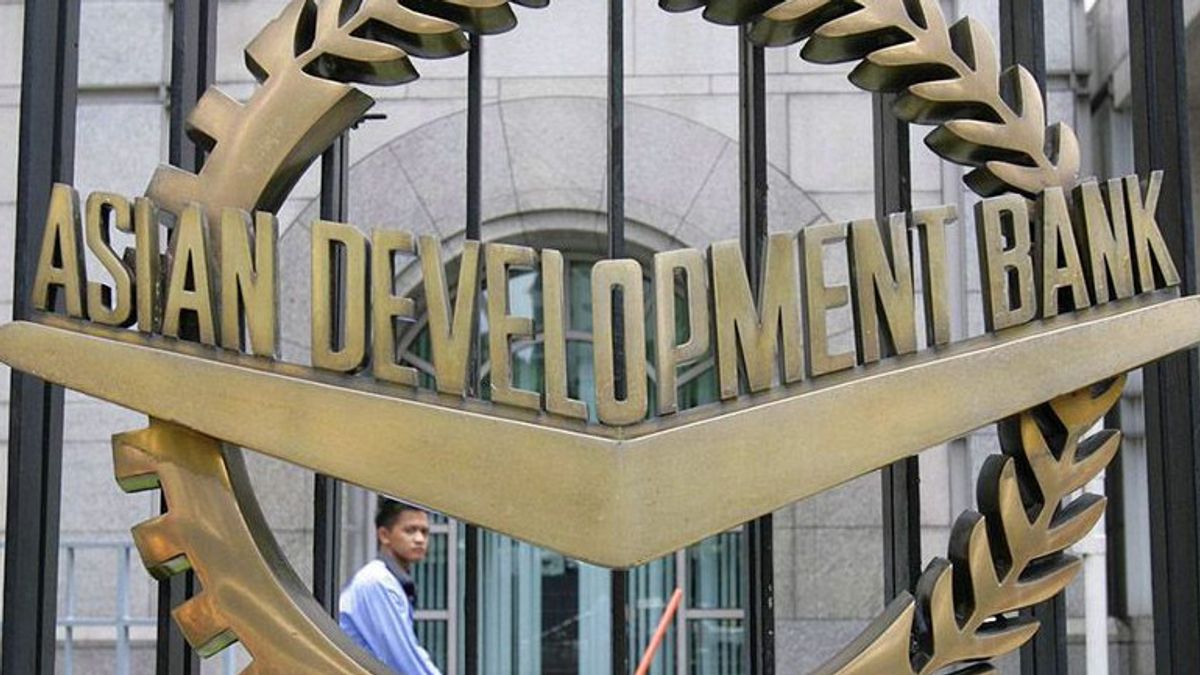JAKARTA - Asian Development Bank (ADB) said the development of the capital city of Nusantara stimulated economic growth and accelerated development in Eastern Indonesia.
"ADB appreciates one of the justifications of the Indonesian government for moving the capital city of Indonesia to East Kalimantan is to stimulate economic growth and development in Eastern Indonesia," said Director of ADB for Indonesia Jiro Tominaga, quoted from Antara, Monday, May 27.
Jiro said the capital city of Nusantara presents unique opportunities to take advantage of international best practices in urban planning, development, and financing, as well as contribute to economic development.
However, his party noted that the archipelago would not be built in one day. There are many things that must be done to make a city habitable and attract people to move to the archipelago.
Each development stage requires a different approach and therefore offers unique opportunities for partner development, including ADB, to contribute.
At the annual ADB meeting in Incheon, South Korea, which took place in 2023, ADB signed a memorandum of understanding with the Archipelago Capital Authority (OIKN), which, among other things, emphasized joint efforts to develop the archipelago as a smart and sustainable forest city.
ADB has deployed experts and conducted research to support the planning of new cities, providing advice on how to mitigate potential negative impacts from urban development and share ideas about options to mobilize the financing needed to build the city.
Previously, the Archipelago Capital Authority revealed that the welfare of the community should be a top priority in the development of the archipelago in East Kalimantan.
"Public welfare must be a top priority in urban development and decision-making," said OIKN Head Bambang Susantono in Jakarta, Thursday (16/5).
Bambang explained that to build a habitable city in IKN, it started by placing humans as the center.
The habitable city aims to provide high quality of life, supported by strong governance, fair access to services, and high-quality infrastructure.
SEE ALSO:
The main characteristics of livable cities include holistic planning of cities, sustainable development, and the entry of the informal sector.
The development of the archipelago aims to set new standards for environmental quality, and become a city that is comfortable to live in and loved by its residents and visitors.
To achieve this, the archipelago will realize two characteristics: a sustainable forest city and a city that is livable and loved (a guilty and loving city). One of the important components of a habitable and loved city is the community's relationship with culture.
The English, Chinese, Japanese, Arabic, and French versions are automatically generated by the AI. So there may still be inaccuracies in translating, please always see Indonesian as our main language. (system supported by DigitalSiber.id)













